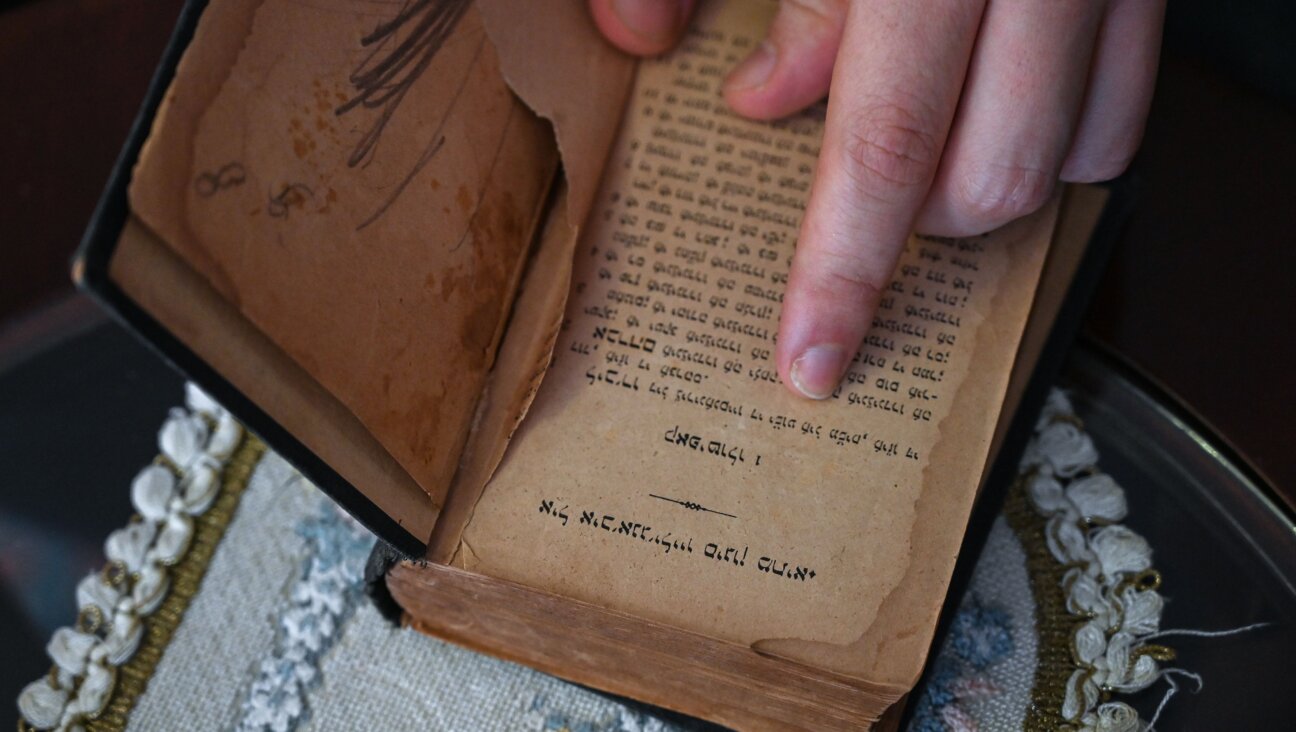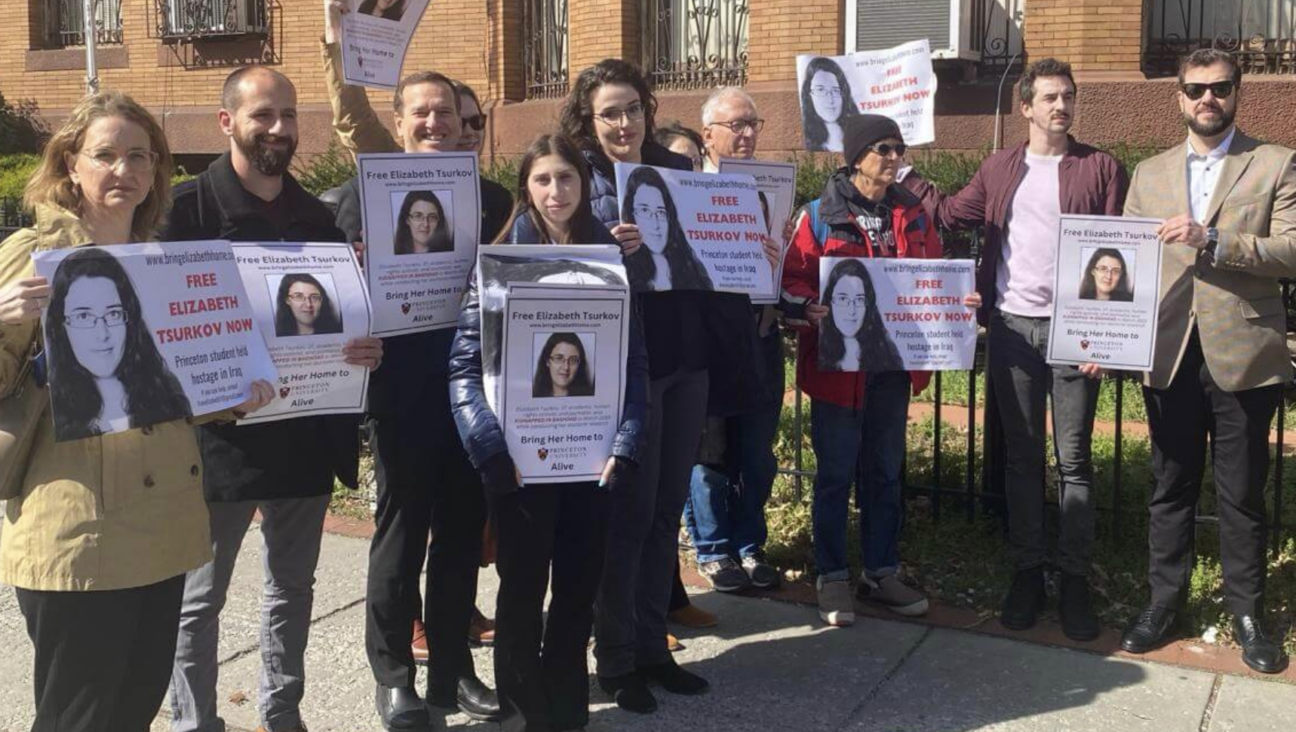Israeli Couple Wins Right To Get Grandchild — Using Dead Son’s Sperm

Image by iStock
After a protracted legal battle, an Israeli couple won the right to produce a grandchild using the sperm of their son, who died in a car crash while serving in the Israeli Navy four years ago.
Irit and Asher Shahar plan to use a donor egg and surrogate mother to produce a son or daughter of their son, Omer.
“We are going to move on things right away,” Irit Shahar told the Times of Israel. “I am willing to sacrifice so that Omri will have a continuation here in Israel.”
Citing their son’s desire to have a large family, the Shahars petitioned state authorities to allow them to produce a baby — who would be their biological grandchild and legal child — from their son’s posthumously recovered sperm. Because of the unusual circumstances, the state opposed their request, and is now appealing a recent court decision that sided with the family.
Even if the Shahars prevail on appeal, theirs will not be an easy road to produce an heir to Omri. Israeli law prohibits them from securing an egg donor and surrogate mother on domestic soil, forcing them to go abroad in search of both. That effort can easily run into the hundreds of thousands of dollars.
With some of the highest birthrates in the Western world, Israel is known as one of the most pro-natalist countries on the planet, a factor that might explain why the Shahars have a legal case despite their unusual situation and ethical questions ir raises, said I. Glenn Cohen of Harvard Law School.
“I will say that Israel is well known in terms of policy, culture, and court decisions as one of the most pro-natalist countries in the world — think about the funding for IVF in Israel which is about as robust as any country I know of,” he told the Times of Israel, referring to the in-vitro fertilization treatment.
“The whole effect of the halachic view of be fruitful and multiply no doubt has an impact here too, so it doesn’t surprise me if Israel authorizes posthumous reproduction in these cases where many other countries would not,” he added.
Contact Daniel J. Solomon at [email protected] or on Twitter @DanielJSolomon
A message from our Publisher & CEO Rachel Fishman Feddersen

I hope you appreciated this article. Before you go, I’d like to ask you to please support the Forward’s award-winning, nonprofit journalism so that we can be prepared for whatever news 2025 brings.
At a time when other newsrooms are closing or cutting back, the Forward has removed its paywall and invested additional resources to report on the ground from Israel and around the U.S. on the impact of the war, rising antisemitism and polarized discourse.
Readers like you make it all possible. Support our work by becoming a Forward Member and connect with our journalism and your community.
— Rachel Fishman Feddersen, Publisher and CEO























